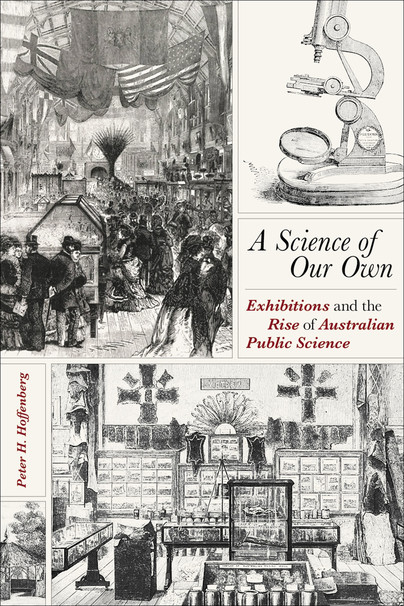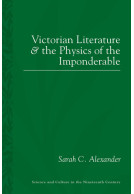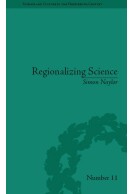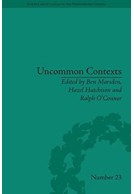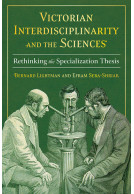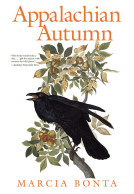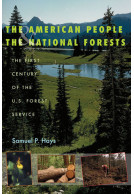Science of Our Own, A (Hardback)
Exhibitions and the Rise of Australian Public Science
Imprint: University of Pittsburgh Press
Series: Science and Culture in the Nineteenth Century
Pages: 206
Illustrations: 10
ISBN: 9780822945765
Published: 26th November 2019
Script Academic & Professional
Series: Science and Culture in the Nineteenth Century
Pages: 206
Illustrations: 10
ISBN: 9780822945765
Published: 26th November 2019
Script Academic & Professional
You'll be £35.00 closer to your next £10.00 credit when you purchase Science of Our Own, A. What's this?
+£4.99 UK Delivery or free UK delivery if order is over £40
(click here for international delivery rates)
Need a currency converter? Check XE.com for live rates
(click here for international delivery rates)
Need a currency converter? Check XE.com for live rates
When the Reverend Henry Carmichael opened the Sydney Mechanics’ School of Arts in 1833, he introduced a bold directive: for Australia to advance on the scale of nations, it needed to develop a science of its own. Prominent scientists in the colonies of New South Wales and Victoria answered this call by participating in popular exhibitions far and near, from London’s Crystal Place in 1851 to Sydney, Melbourne, Adelaide, and Brisbane during the final decades of the nineteenth century. A Science of Our Own explores the influential work of local botanists, chemists, and geologists—William B. Clarke, Joseph Bosisto, Robert Brough Smyth, and Ferdinand Mueller—who contributed to shaping a distinctive public science in Australia during the nineteenth century. It extends beyond the political underpinnings of the development of public science to consider the rich social and cultural context at its core. For the Australian colonies, as Peter H. Hoffenberg argues, these exhibitions not only offered a path to progress by promoting both the knowledge and authority of local scientists and public policies; they also ultimately redefined the relationship between science and society by representing and appealing to the growing popularity of science at home and abroad.
Other titles in the series...
Other titles in University of Pittsburgh Press...







